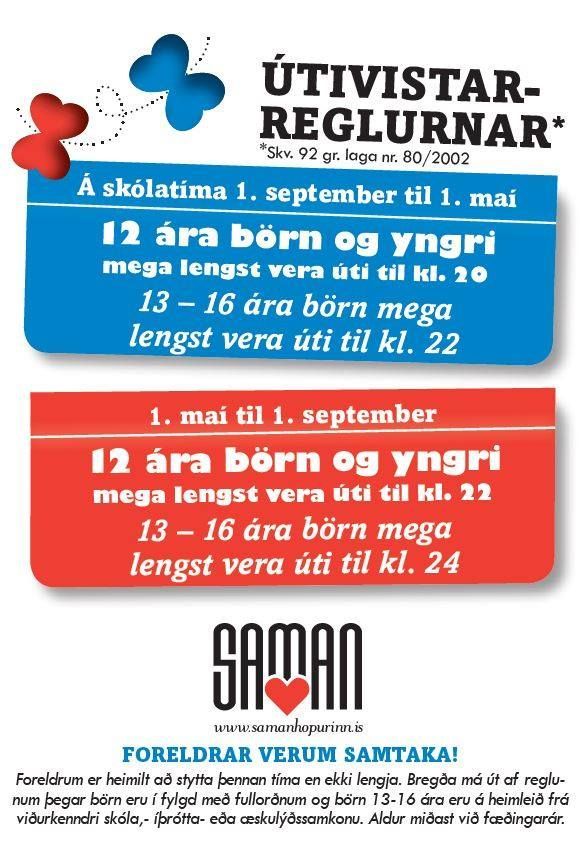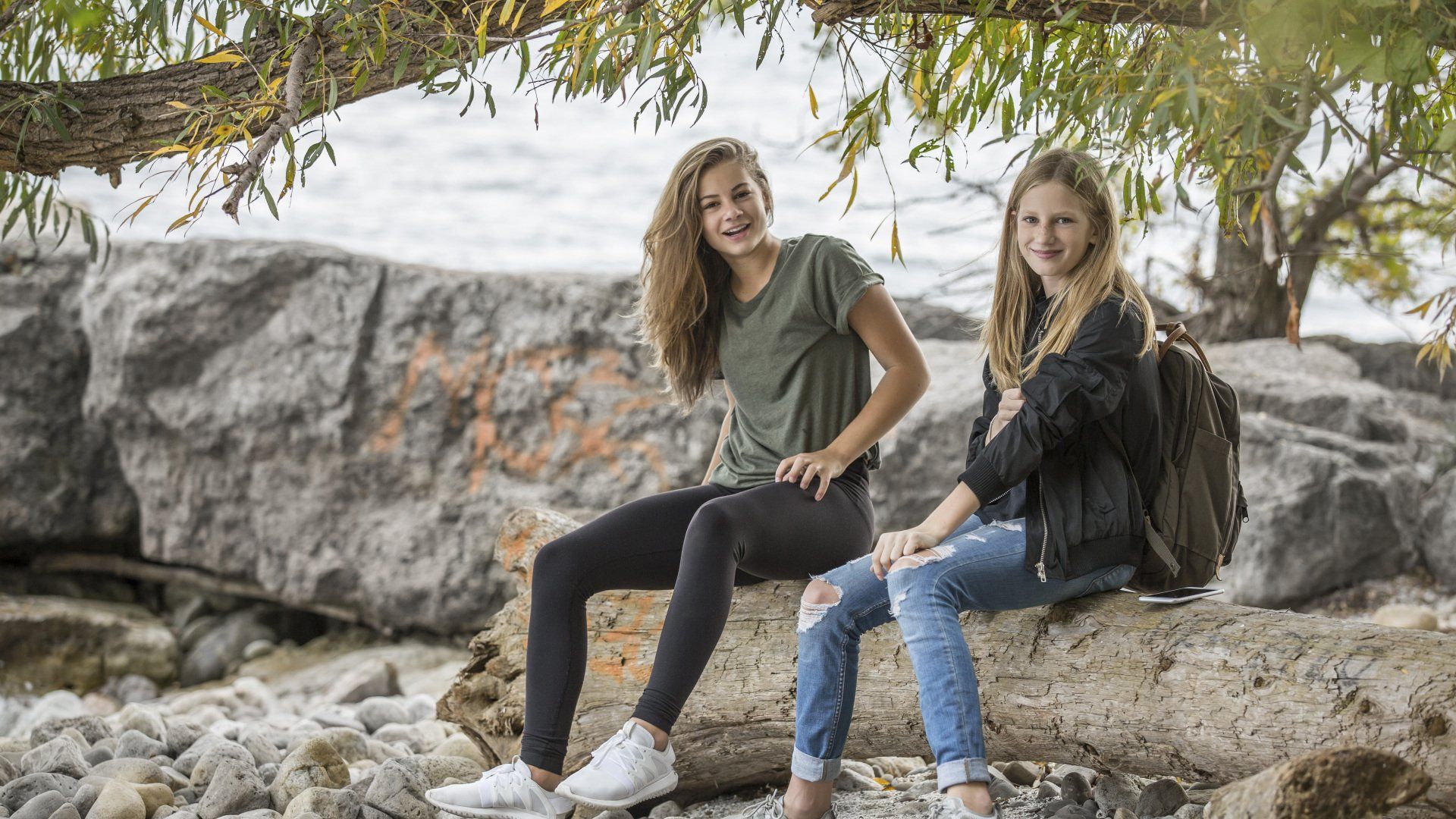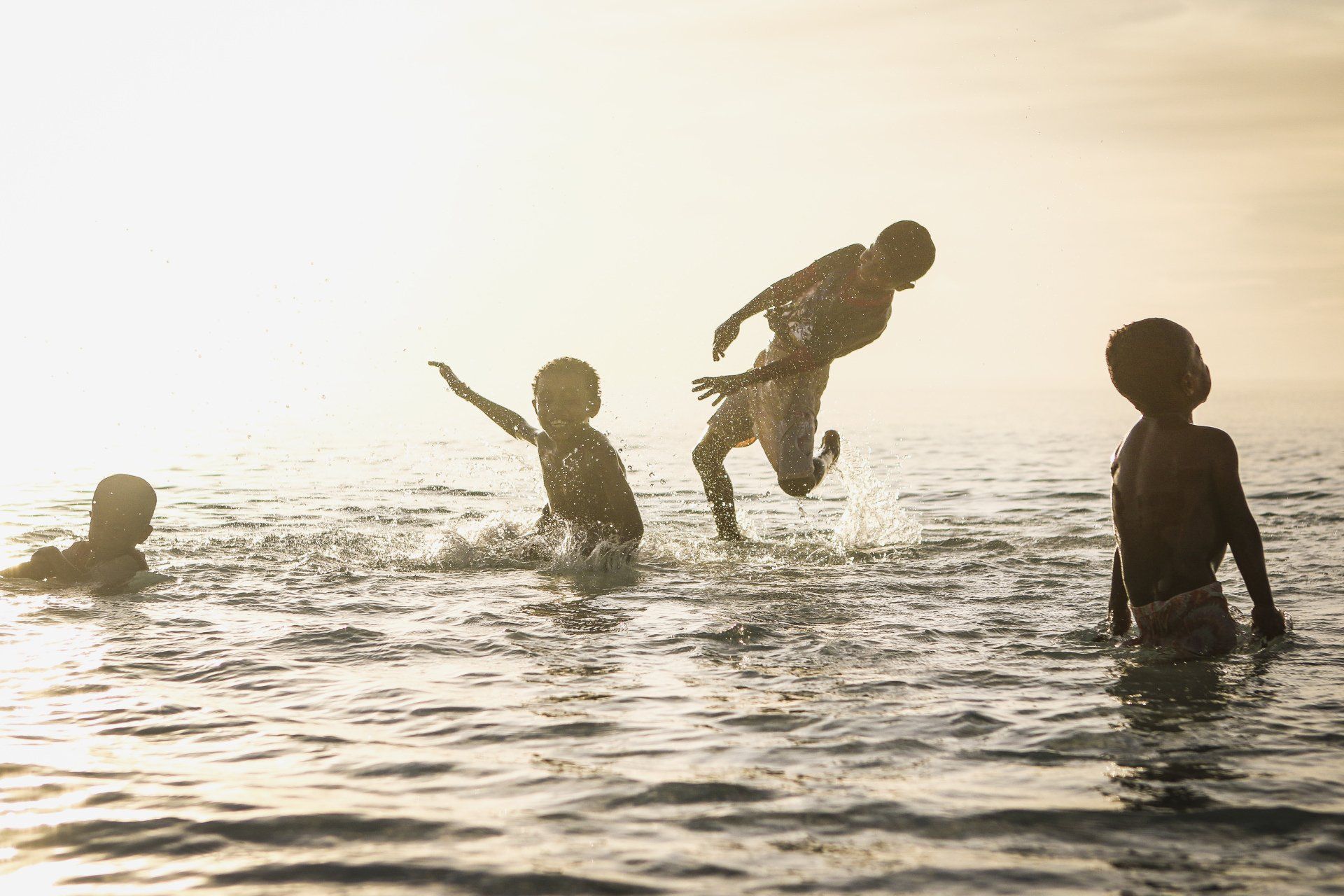THE OUTDOOR RULES
For years, the SAMAN group has encouraged parents to familiarize themselves with the rules for children's and teenagers' outdoor time and to respect them.
Outdoor time rules are seasonal and change on September 1st and May 1st each year. The group emphasizes that the outdoor time still takes into account school time in the fall, because one of the key prerequisites for children and teenagers to do well is enough sleep.
During school hours, from 1 September to 1 May, children aged 12 and under may stay out until 20, but 13-16-year-old children can stay out until 22.
During the summer season, from May 1 to September 1, children aged 12 and under may stay outside until 22, but 13-16-year-old children can stay out until 24. Parents are, of course, allowed to shorten their children's outdoor time, as they are the guardians of their children and teenagers.
The rules can be waived when children are accompanied by adults and children aged 13-16 are on their way home from an approved school, sports or youth gathering.
Age is based on year of birth.

Togetherness
Togetherness creates good relationships is one of the slogans of the SAMAN group, which is rooted in the results of studies that show that children and teenagers who spend time with their parents are less likely to show various types of risky behavior.
The family can do many things together that don't have to cost much or even nothing. Long lives by the first type, so it is preferable for parents to encourage family time together when children are young and keep them into the teenage years as much as possible. The subjects also do not have to be complicated.
Examples of valuable time together are for example playing, crafting, walking, car rides, swimming, mountain climbing, cooking together, baking together, watching TV together, playing video games together, listening to music and most importantly talking together.
Participation in organized sports or leisure activities
The participation of children and teenagers in all kinds of leisure activities is rooted in our Icelandic culture. Leisure work is a powerful preventive measure if the work is organized and responsible instructors lead the work.
Many children find themselves involved in sports either within the neighborhood or outside. Examples of sports are football, handball, basketball, swimming, gymnastics, skating, tennis, climbing, karate and tae kwon do.
For children who don't like sports, you can join the scouts, take a course at Nexus, learn chess or take an art course, to name a few.
Music education is available in most municipalities and some schools even have active school bands where children can learn to play an instrument.
Social centers are active in all parts of the country and organized work is carried out there for 10-12 year olds and then 13-15 year olds.
Information on organized sports and leisure activities can be found here in the link collection: Sports and leisure.
Knowing friends and parents
One important protective factor when it comes to prevention is for parents to know their children's friends and their parents, and for parents to know where their children are at night and on weekends.
It is possible to invite the children's friends to dinner, a game night or another kind of get-together. So it is always rewarding and nourishing to go hiking, mountain climbing or swimming together and even invite classmates and parents along.
Participating in parent activities at the children's schools is one way for parents to get to know other parents. This can be done, for example, by attending parents' meetings and class evenings, taking part in parents' walks or volunteering to be on the board of a parents' association or as a class representative.






